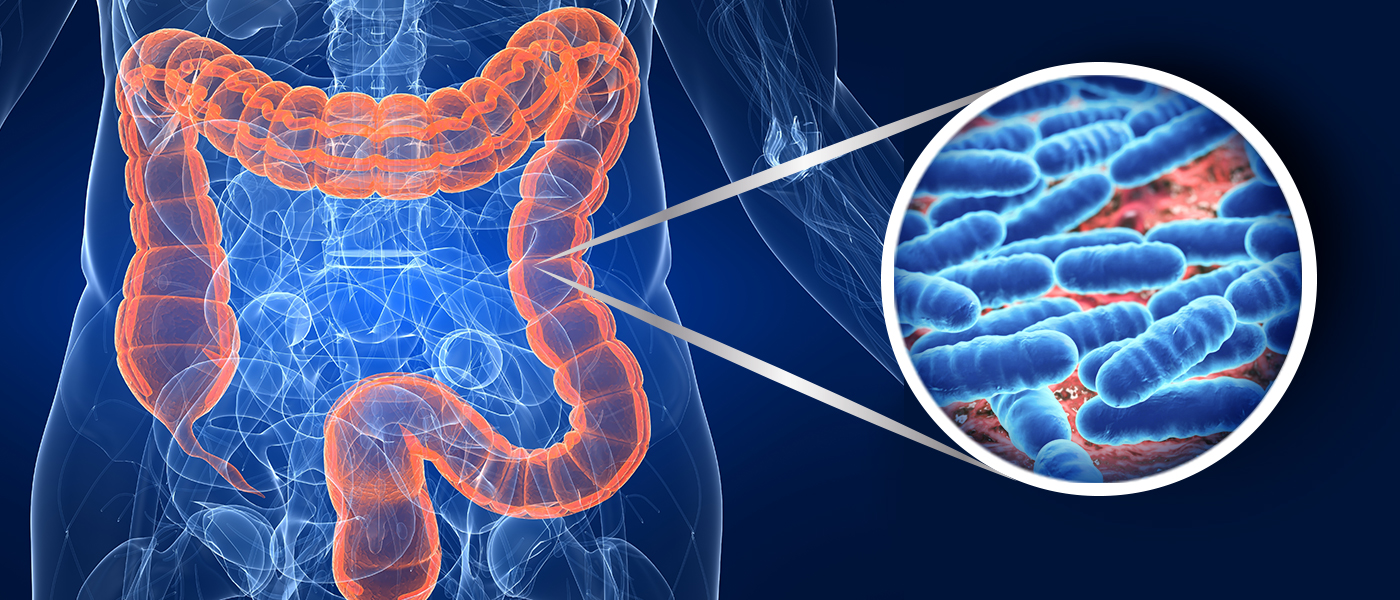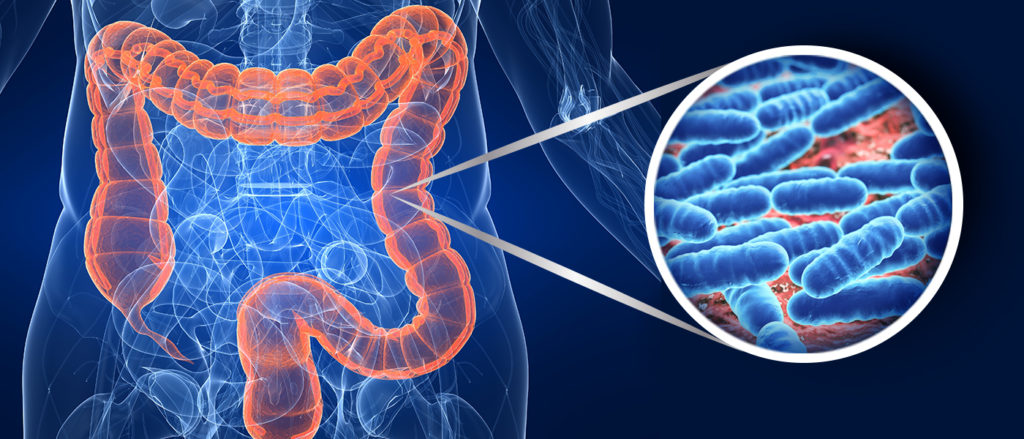It is still an uncommon concept for most people, but specialists have long known about the gut microbiota, the population of bacteria, viruses and fungi that live as a host in our gut. What was once called ‘bacterial flora’ is now defined as a real organ composed of microorganisms, still little known, but which plays a crucial role for the health of the human being.
Recently, alterations in the intestinal microbiota (defined as ‘dysbiosis’) have been linked to the emergence of neurodegenerative (such as Alzheimer’s), autoimmune (such as Crohn’s disease) and cardiovascular (such as hypertension and high cholesterol) diseases. Conversely, intestinal eubiosis (the balance of microorganisms) seems to be the key to a good functioning of the digestive system, but also of various systems of the body.
Studies have begun to understand the important influence that the gut microbiota has on our body, weight, cholesterol and even our personality. The rich population of microorganisms lives inside us as a host and, in turn, collaborates in a whole series of processes that are so important that they could not otherwise happen.
We are talking about the most ‘obvious’ things, such as helping the body digest certain foods and fight against pathogens, but also other important functions, such as the production of some vitamins, maintaining the integrity of the intestinal mucosa, communicating with the other organs and the regulation of the immune system. It is no coincidence that 70% of our immune cells and more than 100 million neurons connected to the brain live in our gut.
It is obvious that a similar interconnection with different systems, the absorption of nutrients by the body, the immune response and inflammation of the organism are linked to general health. The gut microbiota can affect the condition of the skin, the immune system, cognitive functions, among other things. For this reason, the alterations of the microbiota have been linked to many diseases whose origin is still not clear.

The symptoms of dysbiosis are numerous, ranging from flatulence and intestinal disorders, to white tongue, skin irritations, food intolerances, joint pains, inexplicable fatigue, a greater propensity to get sick, etc …
Although the studies on these microorganisms are more and more numerous, there are still many things to discover and understand. However, scientific advances have now highlighted the link between the gut microbiota and general health. Another thing is now certain for science: nutrition plays a key role in maintaining a variety and richness of microorganisms.
It has indeed been found that the composition of the microbiota can be modified with changes in one’s diet. A monotonous diet, rich in unhealthy and poorly digestible foods, favors the development of dysbiosis. Conversely, more natural, fiber-rich and light foods help the population of ‘good’ microorganisms to grow and differentiate into species.
The depletion of the intestinal microbiota also occurs due to medicines, especially antibiotics. This type of drugs obviously taken to fight pathogenic bacteria, indiscriminately destroy even the good microorganisms and therefore create a state of dysbiosis. The latter favors pathogens for which it becomes necessary to take other antibiotics and there is the risk of creating a dangerous vicious circle. This is one of the reasons why antibiotics and medicines should only be taken when clearly needed.
The good news is that, with patience, even severe dysbiosis can be recovered, at least in part. Healthy eating may be enough in some cases. In others, a probiotic supplement may be needed. Lorena Castillo, head of the ABCINTEGRATORI website explains what they are: “Probiotics are usually called those supplements containing live microorganisms, which have the ability to repopulate the intestinal microbiota. However, not everyone manages to survive the digestive tract and ‘take root’ correctly. This is why it is essential to choose the right probiotic for every type of situation and above all that it is of quality, otherwise you risk ingesting only microorganisms that are already dead or of poor efficacy “.
Along with supplements, there are also probiotic foods. The famous yogurt for example is one of them, even if usually those on the market have few bacterial species. Homemade fermentation, on the other hand, makes it possible to create populations rich in beneficial microorganisms. Kefir, sauerkraut, kombucha, kimchi, etc … can be good food supplements to add to your routine to keep not only the gut healthy, but all health in general.

